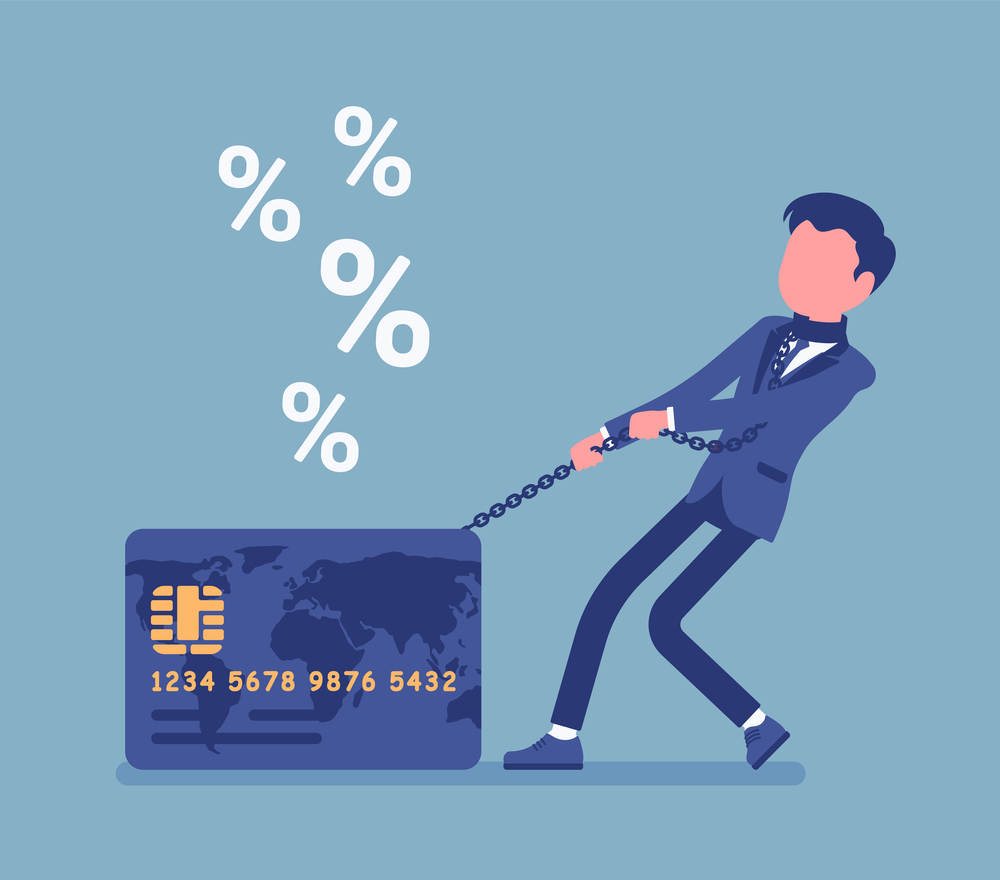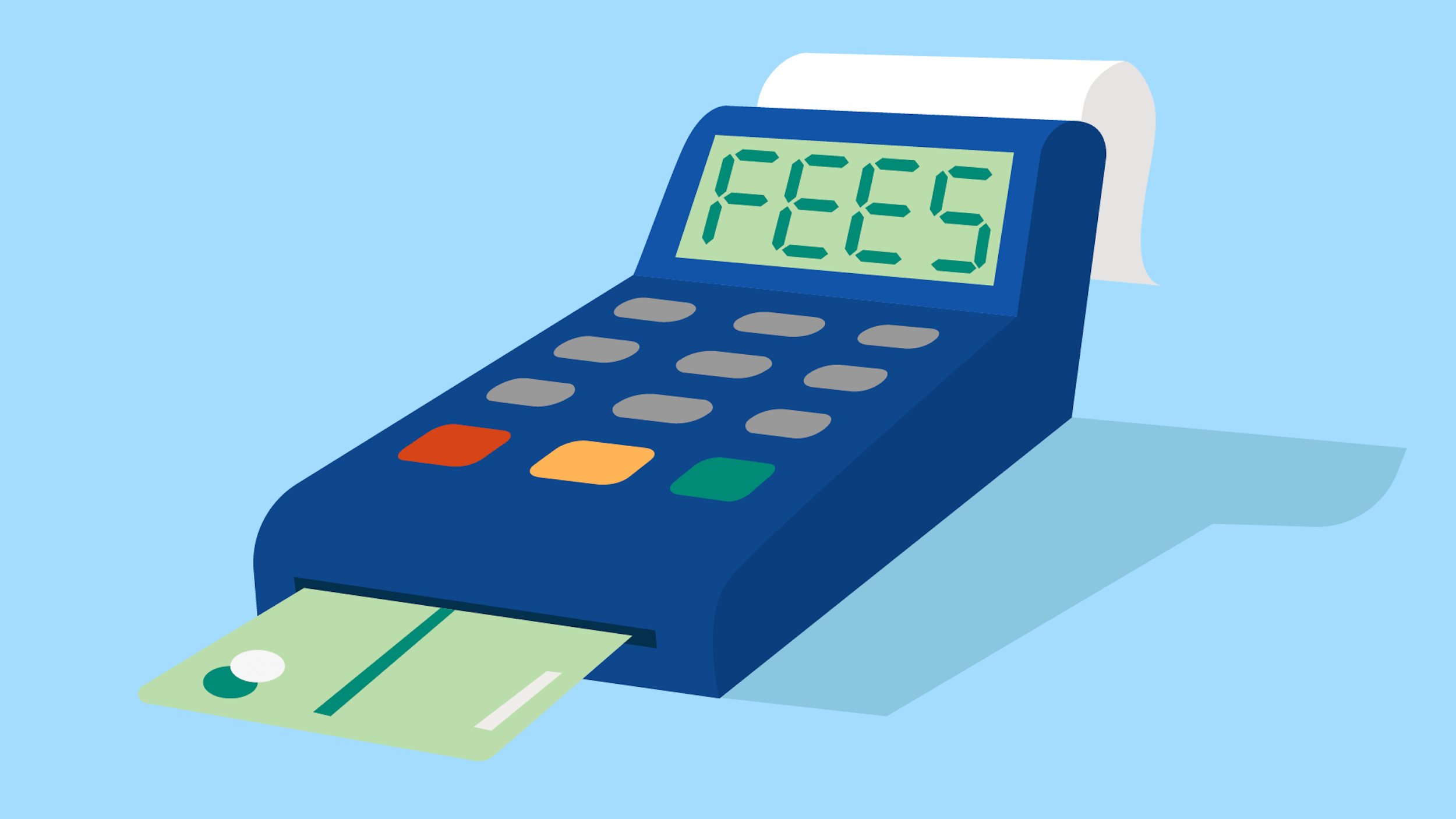Credit Card Fees You Should Know About Before Signing Up
Introduction
When it comes to credit cards, it’s not just about the convenience of having a card that you can swipe anytime you need to make a purchase. Understanding the various fees associated with credit cards can save you a significant amount of money and help you make an informed decision. Here are the essential credit card fees you should know about before signing up:
Annual Fees

What They Are: Many credit cards charge an annual fee for the privilege of holding the card. This fee can range from as low as $25 to several hundred dollars depending on the card’s perks and benefits.
Why It Matters: While some premium cards offer extensive rewards and benefits that justify the annual fee, it’s crucial to evaluate whether these perks are worth the cost for you. If you’re not taking full advantage of the card’s benefits, it might be better to opt for a card with no annual fee.
Interest Rates (APR)
What It Is: The Annual Percentage Rate (APR) is the interest rate you’ll pay on any outstanding balance if you don’t pay off your credit card bill in full each month. APR can vary widely between cards and can be influenced by your credit score.
Why It Matters: High-interest rates can lead to significant debt if you carry a balance. Always aim to pay off your balance in full each month to avoid interest charges. If you tend to carry a balance, look for cards with low APRs to minimize costs.
Balance Transfer Fees
What They Are: Balance transfer fees are charged when you transfer debt from one credit card to another, usually to take advantage of lower interest rates. These fees typically range from 3% to 5% of the transferred amount.
Why It Matters: While transferring a balance can help you save on interest, the fees can add up, especially if you’re transferring a large amount. Calculate the total cost, including the balance transfer fee, to ensure it’s a financially sound move.
Cash Advance Fees
What They Are: If you use your credit card to withdraw cash from an ATM, you’ll likely be charged a cash advance fee. This fee is often a percentage of the amount withdrawn, with minimum charges applying.
Why It Matters: Cash advances usually come with high fees and higher interest rates than regular purchases. Additionally, there’s no grace period, meaning interest starts accruing immediately. Use cash advances sparingly and only in emergencies.
Foreign Transaction Fees
What They Are: These fees are charged when you make purchases in a foreign currency or with a foreign merchant. The typical fee is around 3% of the purchase amount.
Why It Matters: Frequent travelers should look for cards that waive foreign transaction fees. These cards can save you a significant amount on overseas purchases.
Late Payment Fees

What They Are: If you miss a payment or pay after the due date, you’ll be charged a late payment fee. The amount can vary but is often around $25 to $40 for each late payment.
Why It Matters: Late payments can hurt your credit score and lead to increased interest rates. Set up automatic payments or reminders to ensure you pay on time.
Over-the-Limit Fees
What They Are: Some credit cards charge a fee if you exceed your credit limit. This fee can be as high as $35, depending on the card issuer.
Why It Matters: Over-the-limit fees can be avoided by keeping track of your spending and staying within your credit limit. Some issuers allow you to opt-out of over-the-limit transactions to avoid these fees altogether.
Card Replacement Fees
What They Are: If your card is lost or stolen, some issuers may charge a fee to replace it. While not all cards have this fee, it’s worth checking with your issuer.
Why It Matters: Knowing whether there’s a replacement fee can help you manage costs if you frequently misplace your card.
Reward Redemption Fees
What They Are: Certain reward programs may charge fees for redeeming points or miles, especially if you book travel through the card issuer’s portal.
Why It Matters: These fees can reduce the overall value of your rewards. Compare the cost of redemption with the value of the rewards to ensure you’re getting the best deal.
Inactivity Fees
What They Are: Some credit cards impose fees if you don’t use your card for a certain period. These fees are meant to encourage card usage.
Why It Matters: If you have multiple cards, make sure to use each one occasionally to avoid inactivity fees. Alternatively, consider closing accounts you no longer use.
Tips for Minimizing Credit Card Fees
To make the most out of your credit card, here are some tips to help you minimize fees:
- Choose the Right Card: Research and select a card that fits your spending habits and financial goals. Look for cards with low or no fees for the features you use most.
- Read the Fine Print: Always read the terms and conditions carefully to understand all the fees associated with the card.
- Pay On Time: Set up reminders or automatic payments to avoid late fees.
- Pay in Full: Avoid interest charges by paying your balance in full each month.
- Monitor Your Account: Regularly check your statements for any unexpected fees or charges.
Conclusion
Credit cards can offer convenience and rewards, but it’s essential to understand the fees involved to make informed decisions. By being aware of these common credit card fees, you can choose a card that fits your needs and avoid unnecessary charges. Take the time to research and compare different cards to find the one that offers the best value for you.





Leave a Reply